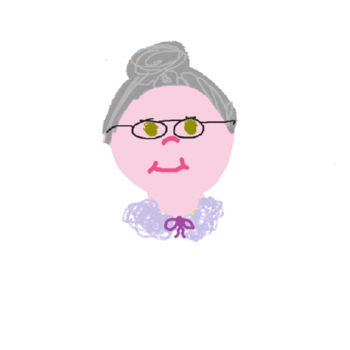What is a relative clause and relative pronoun?
1 Answer
A relative clause is a group of words with a subject and a verb that 'relates' information about its antecedent.
A relative pronoun is a pronoun that introduces a relative clause.
Explanation:
The relative pronouns are: who, whom, whose, which, that.
-- The pronoun 'who' is a subject only pronoun.
-- The pronoun 'whom' is an object only pronoun.
EXAMPLE SENTENCES:
Please thank the person who returned my keys.
-- The relative clause 'who returned my keys' gives information about its antecedent 'person'.
-- The pronoun 'who' is the subject of the relative clause.
The company for whom I work has a good training program.
-- The relative clause 'for whom I work' gives information about its antecedent 'company'.
-- The pronoun 'whom' is functioning as the object of the preposition 'for'.
The man whose car I hit was very nice about it.
-- The relative clause 'whose car I hit' gives information about its antecedent 'man'.
-- The pronoun 'whose' is a possessive form used to show the car belongs to the antecedent.
We tried the restaurant which you recommended.
-- The relative clause 'which you recommended' gives information about its antecedent 'restaurant'.
The museum that we toured was fascinating.
-- The relative clause 'that we toured' relates information about its antecedent 'museum'.
NOTES:
The pronouns who, whom, whose, and which also function as interrogative pronouns when used to introduce a question.
The interrogative pronouns are: who, whom, which, whose, what.
The pronoun that also functions as a demonstrative pronoun, a word that takes the place of a noun indicating near or far in place or time.
The demonstrative pronouns are: this, that, these, those.
The word that also functions as an adjective when placed before a noun to describe that noun.

